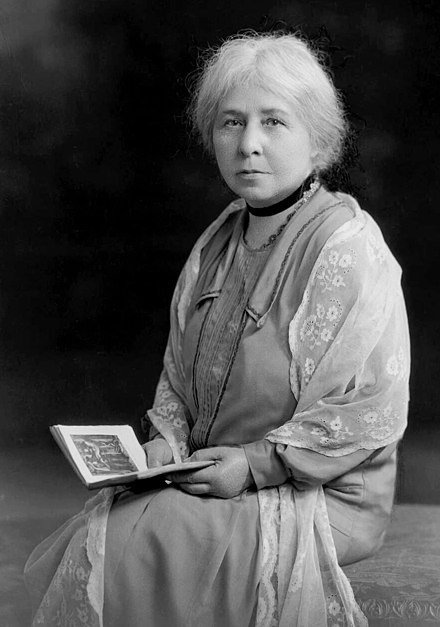Rejoinder: Meaney Responds to Kotva
Marie Cabaud Meaney
I read with great interest Simone Kotva’s nuanced reply to my review essay. Regarding Kotva’s reference to Weil’s hypothetical interest in Margaret Murray’s works or in modern witchcraft, let me clarify a few points that are crucial, I believe, to this topic (Murray, by the way, was an Egyptologist, whose books on witchcraft were, right from the start, doubted and marginalized by academics).
The thought that some might not have access to salvation was a cause of anguish for Simone Weil. Freedom was real as was the possibility of Hell for her in the case of a personal afterlife (OC VI, 3 167). Hence, everybody should have at least implicitly the option for or against God. That slaves had been crucified and experienced affliction before Christ’s Passion gave meaning to it, was torture to her (AD: 188; LR: 20; OC VI, 4: 83). Not only are there metaxu/bridges to the supernatural such as beauty, the good, friendship, or mathematical truths to remedy this, but she toyed with the idea that there might have been multiple incarnations of Christ within pre-Christian religions. That was her main reason for her interest in the latter.
Her criticism of the Catholic Church focused on its historical reliance on constraint by muzzling other religions or heresies that – she thought – might embody the truth better than it did. A movement such as witchcraft that was reinvented in the 20th century, built on the unlikely claims of reviving earlier pagan or mystery religions, does not meet her criteria, I think, of an authentic religion.
An invention such as Wicca – rather than a heresy that focuses on one point of doctrine to the detriment of others – does not possess this thirst for the incarnate God nor is it based on His revelation (inside or outside of Christianity). Moreover, it does not embrace affliction, while “the extreme greatness of Christianity lies in the fact that it does not seek a supernatural remedy against suffering, but a supernatural use for it” (OC VI, 3 64). Witchcraft is about control, even if it claims to use it for the good, as in white magic.
Furthermore, the fact that Wicca was influenced by the Satanist Aleister Crowley does not bode well; black magic is alive and well as exorcists all over the world can attest and possessions often start with “innocent” white magic. Comparing (even if only implicitly) Wicca’s emphasis on attention with Weil’s, therefore, means mixing not just apples and oranges but trying to draw a parallel between two antagonistic outlooks.

Marie Cabaud Meaney is the author of two books on Simone Weil: Simone Weil’s Apologetic Use of Literature: Her Christological Interpretation of Classic Greek Texts (OUP, 2007) and Brücken zum Übernatürlichen: Simone Weil über das Böse, den Krieg und die Religion (Bernardus Verlag, 2018).
Sources
Gabriele Amorth, An Exorcist Explains the Demonic: The Antics of Satan and His Army of Fallen Angels, Stefano Stimamiglio, ed., Charlotte J. Fasi, tr., Manchester, NH: Sophia Institute Press, 2016, chapter 3, nn. 483-507 (Kindle edition).
Simone Weil
- AD: Attente de Dieu, [Paris]: Fayard, 1966.
- LR: Lettre à un religieux, 1st edn 1951, Paris: Gallimard, [1974].
- OC VI, 3: Œuvres complètes, vol. VI, tome 3, Cahiers (février 1942 – juin 1942): La porte du transcendant, Alyette Degrâces et al. (ed.), [Paris]: Gallimard, 2002.
- OC VI, 4: vol VI, tome 4, Cahiers (juillet 1942-juillet 1943): La connaissance surnaturelle (Cahiers de New York et de Londres), Marie-Annette Fourneyron et al. (ed.), 2006.

